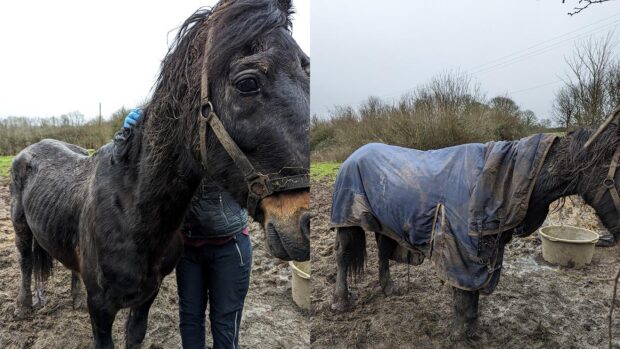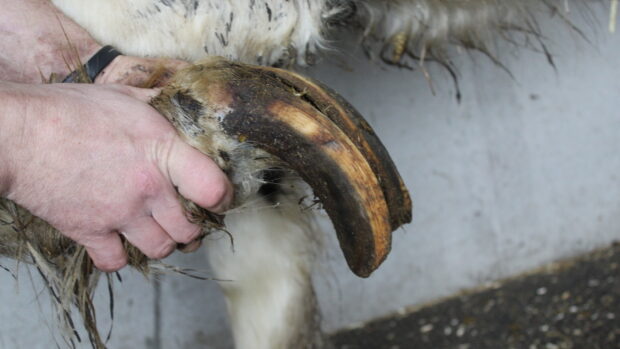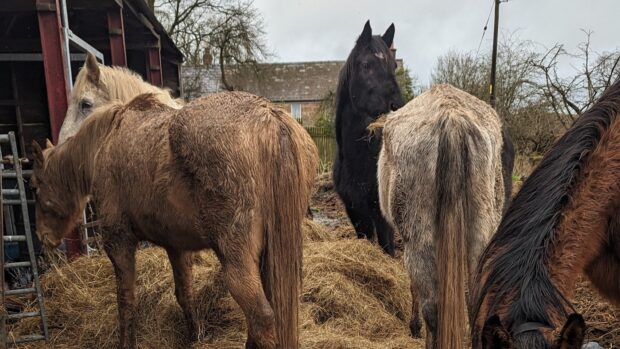A ban on sky lanterns has been issued by a 12th Welsh council.
Ceredigion County Council has become the latest local authority in Wales to ban the lanterns, also known as Chinese lanterns, on land it controls.
RSPCA Cymru has welcomed the news and is urging other councils to do the same.
The lanterns can harm wildlife, livestock and other animals by causing injuries that lead to suffering and death.
| Related articles |
As well as being a fire risk, the lanterns cause problems for horses and other wildlife as the thin wire can cause severe internal damage.
Ceredigon’s decision means that the majority of local authorities in Wales – 12 out of 22 – have imposed the ban.
The charity promotes the use of alternatives, such as stationary candles or nightlights, static lanterns and outdoor lights.
Martin Fidler Jones, RSPCA Cymru’s political campaigns manager, said they have been “delighted” by the public response to halt their use.
He said: “They may look pretty — but they’re also pretty dangerous.
“Sadly, many people forget that, if they release a lantern, they have no control over where it lands, or the damage it can do.”
In October 2013 the Welsh Government wrote to local authorities encouraging them to introduce a voluntary ban.
Earlier this year, the National Farmers’ Union (NFU) launched a letter writing campaign that called for people to write to their local authority and urge them to ban the lanterns.
The NFU is also continuing to call for an outright ban on the objects.
Cllr Alun Williams, cabinet member for transport, waste and carbon management at Ceredigion County Council, said they have listened to calls from organisations like the RSPCA and farming unions.
“We hope other landowners will follow our lead and the risk they pose can then be eradicated from the county,” he said.
“It’s understood that these lanterns are launched by people only wanting to have fun or create a memorable occasion.
“But there is clear evidence that they can cause real damage to livestock and wildlife and, most of all, the fire risk from them is very high, especially in the summer.”
A total of 24 councils in England have also imposed a ban.





